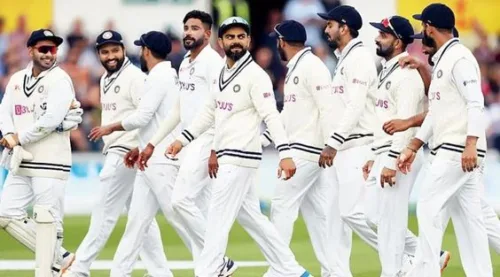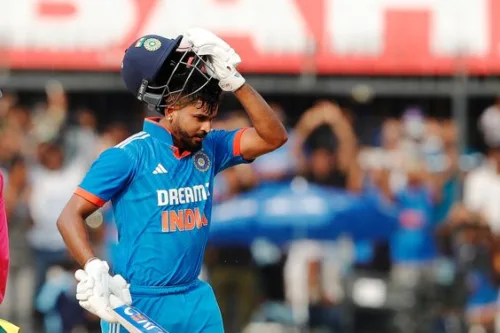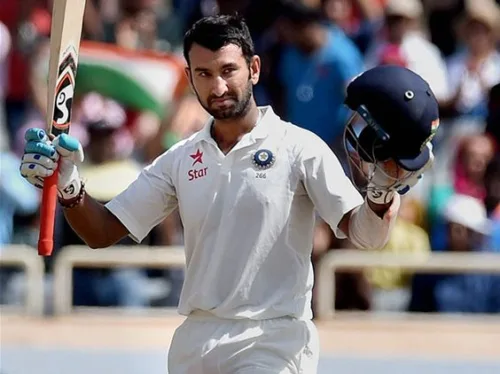The Boxing Day Test matches hold a unique significance in cricket, often sparking curiosity among fans about its origins and implications. Celebrated on December 26 annually, these matches have a historical tie to the festivities surrounding Christmas and the tradition of gift-giving in certain Western countries. The term “Boxing Day” stems from this custom, where those not on holiday duty receive gifts on this day.
The cricket tradition of playing test matches on Boxing Day dates back to December 26, 1892, in Melbourne Cricket Stadium, Australia. The rationale behind labeling these matches as “Boxing Day Tests” is rooted in this historical scheduling.
This year, India and South Africa are set to kick off a two-match Test series at Centurion’s SuperSport Park on December 26, marking India’s return to full-strength Test cricket after participating in the ICC Men’s Cricket World Cup. The Boxing Day Test holds a special allure for cricket enthusiasts, intertwining the sport with a global tradition.
India’s history in Boxing Day Tests began in 1992 against South Africa. Over the years, India has engaged in 16 Boxing Day Test matches against various opponents, clinching victories in 4 of those encounters. It was in 2010 that India secured their first win in a Boxing Day Test match, marking a memorable moment in their cricketing journey.
While Boxing Day Test matches are primarily observed in countries like Australia, South Africa, New Zealand, and Canada, their significance transcends mere sporting events. They become a celebration, blending the love for cricket with the festive spirit of the holiday season.
For Team India, these matches serve as an opportunity to showcase their prowess on the international stage, with the Boxing Day Tests presenting a chance to etch their name in cricketing history again. As fans eagerly await the outcome of 2023’s Boxing Day Test series, the allure and tradition of this special cricketing occasion continue to captivate audiences worldwide.



